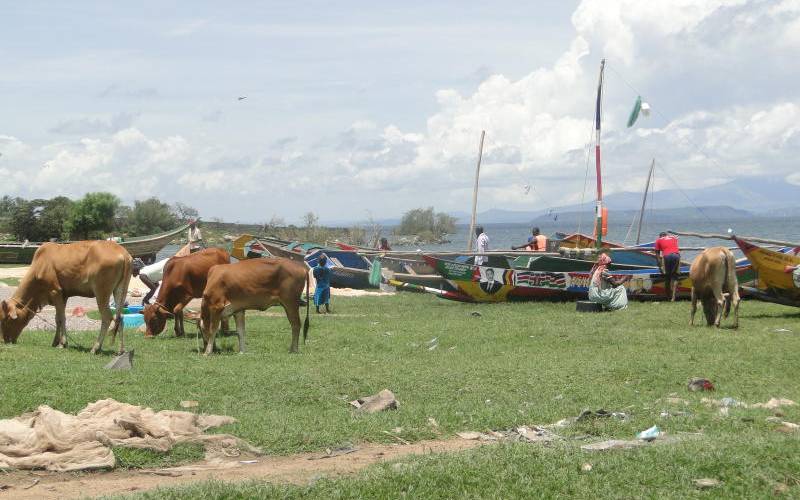×
The Standard e-Paper
Fearless, Trusted News

Fishermen going about their businesses at Wich Lum beach in Bondo sub-county.[Isaiah Gwengi, Standard].
The sounds of ohangla music emanating from drinking dens and the voices of revellers can make one think that the nightlife in Wich Lum beach, Bondo sub-County is good.